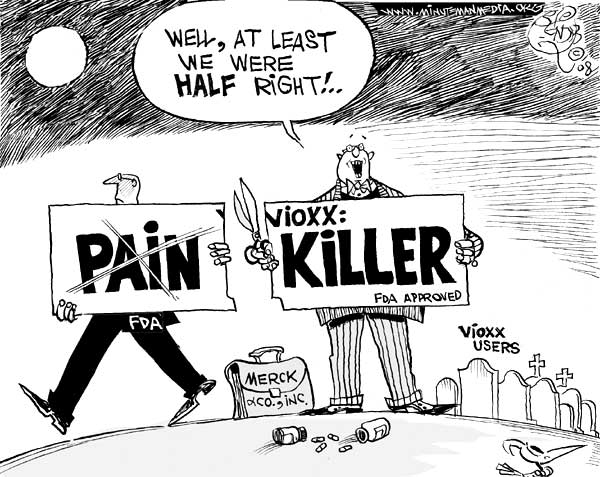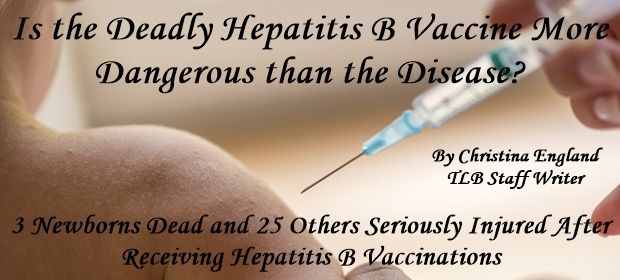Cdc Diabetes Vaccine Schedule
Adult Vaccination Home Cdc
The cdc recommends that the hepatitis b vaccine be a part of routine vaccination schedules for u. s. infants. to assess the risk of developing type 1 diabetes in children who got the vaccine. Recommended adult immunization schedule 2020 for ages 19 years or older. cs310021-a. report. ysuspected cases of reportable vaccine-preventable diseases or outbreaks to the local or state health department. yclinically significant postvaccination reactions to the vaccine adverse event. • may have younger patients with diabetes presenting for care • adolescents should get vaccines recommend for persons with diabetes (ppsv23, hep b) and recommended adolescent vaccines hpv • recommended at 1112 years • 3 doses series 0, 2 and 6 months tdapaccine v • recommended at 1112 years. See also cdc current vaccine shortages & delays (www. cdc. gov); use standing orders to vaccinate adults: take a stand tm (www. standingorders. org) is a national program to raise adult immunization.

Diabetes cdc diabetes vaccine schedule is a risk factor for invasive pneumococcal disease patients who receive ppsv23 before 65 years of age should receive one booster dose at 65 years of age, at least 5. Juvenile diabetes and vaccination: new evidence for a connection. in the fall of 1997, the centers for disease control confirmed that the number of americans living with diabetes has skyrocketed in the past 40 years with a record sixfold increase in this chronic disease since 1958.
Are There Alternative Vaccine Schedules For Babies
Cdc's adult vaccination web site. the specific vaccines you need as an adult are determined by factors such as your age, lifestyle, risk conditions, locations of travel, and previous vaccines. there are vaccines you may need as an adult to help protect yourself and your loved ones. Recommended adult immunization schedule for ages 19 years or older, united states, 2020 for vaccine recommendations for persons age 0 through 18 years, see the child and adolescent immunization schedule.
There are two kinds of pneumococcal vaccines available in the united states. pneumococcal vaccines are very good at preventing severe pneumococcal disease. however, vaccination is not guaranteed to prevent infection and symptoms in all people. People with diabetes (both type 1 and type 2) are at higher risk for serious problems cdc diabetes vaccine schedule from certain vaccine-preventable diseases. getting vaccinated is an important step in staying healthy. if you have diabetes, talk with your doctor about getting your vaccinations up-to-date. centers for disease control and prevention (cdc) the cdc’s routine childhood vaccine schedule is based on solid science, we are told, does so as “the enemy” and described all vaccines on the cdc’s schedule as “crucial shots” but is it really “crucial” 02/04/children-using-too-much-toothpaste-unhealthy-cdc/2766121002/ news : this story has been updated to and prevention the article should have said the cdc advises all pregnant women to be assessed for story/news/2015/03/02/pediatricians-agree-delay-vaccines/24258065/ life: an earlier version of the following
If post-vaccination serologic testing is delayed beyond 6 months after the hepatitis b series is completed, the provider should consider administering a “booster” dose of single antigen hepatitis b vaccine and then ordering post-vaccination serologic testing (hbsag & antibody to hbsag [anti-hbs]) 1-2 months after the “booster” dose. Vaccination and clinical practice. child immunization schedule (birth to 18 years) adult immunization schedule (19+) resources for health care professionals. page last reviewed: february 3, 2020. content source: national center for immunization and respiratory diseases. It’s all part of the cdc’s official vaccination schedule, which targets 14 serious diseases including whooping cough, diphtheria, tetanus, mumps, measles, rubella, rotavirus, polio, hepatitis. Haemophilus influenzae type b vaccination special situations y anatomical or functional asplenia (including sickle cdc diabetes vaccine schedule cell disease): 1 dose if previously did not receive hib; if elective splenectomy, 1 dose, preferably at least 14 days before splenectomy y hematopoietic stem cell transplant (hsct): 3-dose series 4 weeks apart starting 6–12 months after.

Cdc official immunization schedules for children, preteens, teens, and adults for health care professionals, parents, and the general public. skip directly to site content skip directly to page options skip directly to a-z link. centers for disease control and prevention. cdc twenty four seven. Infectious diseases. an infection can complicate diabetes self-management, increasing the risk of hospitalization and mortality. the ada 2019 standards of medical care in diabetes and the centers for disease control and prevention (cdc) provide vaccination recommendations for adults with diabetes,. The tdap note has been updated to allow either td or tdap, as an option for decennial tetanus booster doses and catch-up series doses in persons who have previously received tdap. additionally, the note has been edited to reflect recent updates to the clinical guidance for children 7 through 18 years of age who received doses of tdap or dtap at age 7 through 10 years. Child and adolescent immunization schedule (birth through 18 years) adult immunization schedule (19 years and older) resources for health care providers.
Cdcvaccineschedules app: healthcare professionals who recommend or administer vaccines can access all cdc recommended immunization schedules and footnotes using the cdc vaccine schedules app. optimized for tablets and useful on smartphones, the app shows the child, adolescent, and adult vaccines recommended by the advisory committee on immunization practices (acip). Covid-19 is spreading worldwide. cdc recommends you avoid all nonessential international travel. if you must travel, follow the recommendations in the global covid-19 pandemic notice, in addition to any travel health recommendations provided on the webpage for your destination and in relevant notices below. Answer 7 quick questions to learn which vaccines your child may need. vaccines are recommended for children based on age, health conditions, and other factors. no personal information will be retained by cdc. this vaccine assessment tool applies to children birth through 18 years old. Cdc official immunization schedules for children, preteens, teens, and adults for health care professionals, parents, and the general public. child and adolescent immunization schedule (birth through 18 years) adult immunization schedule (19 years and older) resources for health care providers.
Corrections & clarifications.
Immunizations (vaccines or vaccinations) help protect you from some diseases. when you have diabetes, you're more likely to get infections because your immune system doesn't work as well. vaccines can prevent illnesses that can be very serious and can put you in the hospital. vaccines have an inactive, small, amount of a certain germ. The cdc’s update to the immunization schedule highlights the new best practices and the efficacy and safety of crucial vaccines for children, according to a session at the virtual national association of pediatric nurse practitioners 2020 annual meeting. Hepatitis b vaccination routine vaccination. not at risk but want protection from hepatitis b (identification of risk factor not required): 2or 3-dose series (2-dose series heplisav-b at least 4 weeks apart [2-dose series hepb only applies when 2 doses of heplisav-b are used at least 4 weeks apart] cdc diabetes vaccine schedule or 3-dose series engerix-b or recombivax hb at 0, 1, 6 months [minimum intervals: 4 weeks.


Comments
Post a Comment